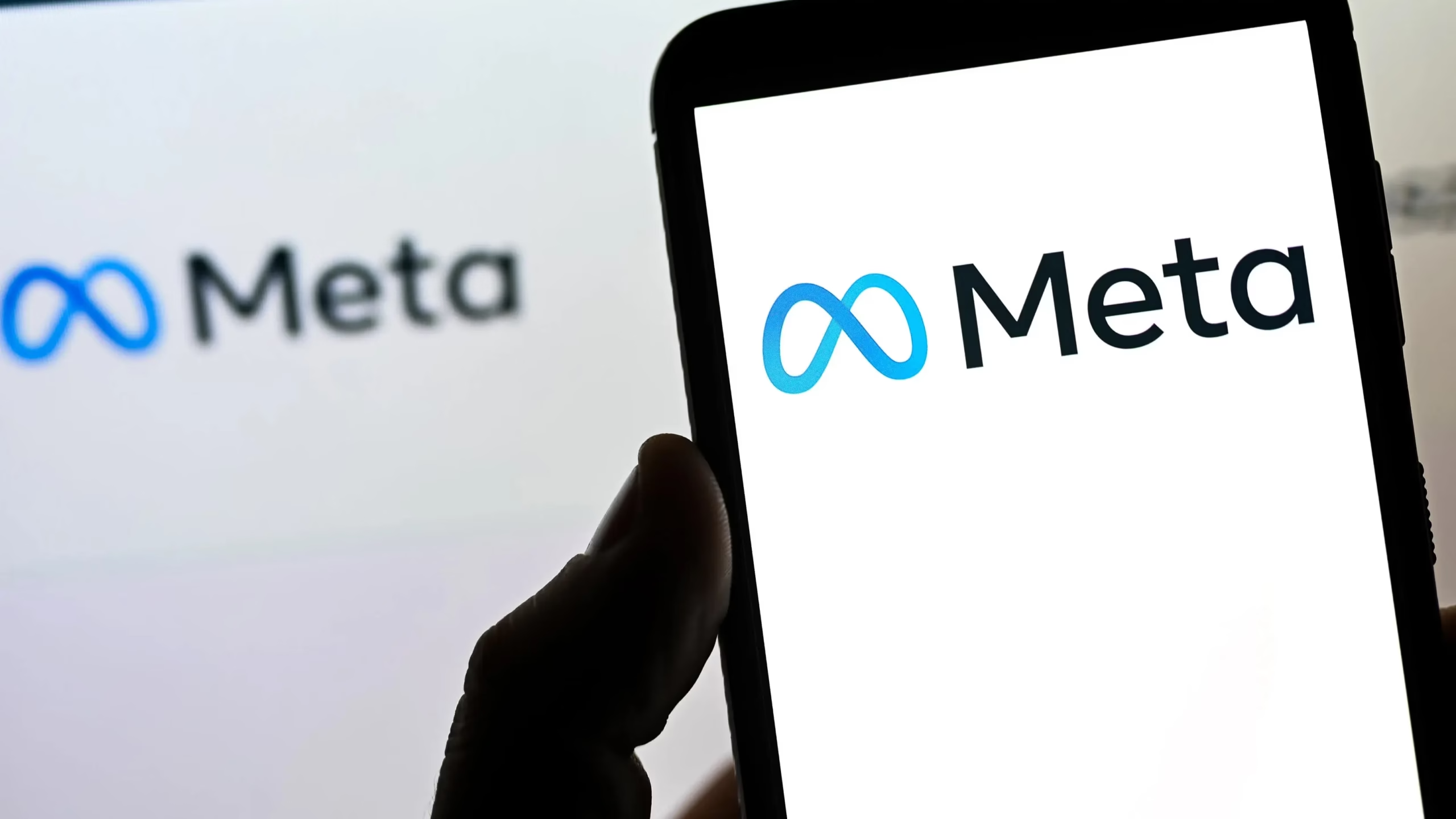Microsoft Corp. (MSFT.O) has projected a record $30 billion in capital expenditure for its fiscal first quarter, driven by explosive growth in its Azure cloud business and sustained momentum in artificial intelligence. The announcement pushed Microsoft’s shares up 9% in after-hours trading, reflecting growing investor confidence in its AI-driven future.
Azure’s annualized sales crossed $75 billion for the first time, exceeding analyst expectations of $74.62 billion. Microsoft’s cloud growth, particularly in AI services, has been central to this surge. Azure revenue alone rose 39% year-over-year in the June quarter, and the company expects 37% growth in the current quarter, outperforming market forecasts.
“I feel very good that the spend that we’re making is correlated to basically contracted, on-the-books business that we need to deliver,” said CFO Amy Hood, reassuring investors that the aggressive spending is backed by real demand.
Capital Spending Arms Race
The $30 billion CapEx figure — Microsoft’s highest ever for a single quarter — outpaces analyst expectations of $23.75 billion (Visible Alpha) and highlights the intensifying infrastructure race among tech giants. Microsoft now looks set to outspend rivals like Google and Meta, who are also ramping up data center investments to meet skyrocketing AI demand.
Microsoft’s capital spending rose 27% in the previous quarter, hitting $24.2 billion, and it is shifting toward longer-lived assets like data centers. This strategy marks a shift from its earlier focus on shorter-lived components like AI chips.
“We are going to absolutely invest against that,” said Jonathan Neilson, VP of investor relations, addressing the capacity needs created by AI adoption.
AI Leadership and OpenAI Partnership in Focus
Microsoft’s exclusive access to OpenAI’s technology has been a cornerstone of its AI leadership, powering products like Copilot, which now boasts over 100 million monthly active users. This has helped Microsoft rapidly commercialize AI tools across enterprise applications.
However, the partnership is under scrutiny. As OpenAI renegotiates its deal with Microsoft and explores converting to a public-benefit corporation, questions loom over how much access Microsoft will retain. Reports suggest a potential deadlock, especially as OpenAI shifts workloads to rivals like Google and Oracle.
To hedge its bets, Microsoft is broadening its AI model ecosystem, hosting models from Meta, xAI, and France’s Mistral on Azure, and investing in in-house development to reduce dependency on OpenAI.
Big Tech’s $500 Billion AI Surge
Microsoft’s strong earnings, alongside Meta’s, helped fuel a $500 billion market rally in AI stocks. Analysts say Microsoft’s transparency — especially disclosing Azure’s full revenue for the first time — has validated its massive infrastructure investments.
“Now that Microsoft’s disclosing that number, it’s really just helping justify the huge investments,” said Dave Wagner, portfolio manager at Aptus Capital Advisors.
Microsoft’s total revenue in Q4 rose 18% year-over-year to $76.4 billion, beating expectations of $73.81 billion. The company now sits just $200 billion shy of a $4 trillion market cap, trailing only Apple.
Despite near-term uncertainties over OpenAI, Microsoft’s expanding AI strategy, dominant cloud business, and massive capital deployment keep it firmly at the center of the global AI revolution.



